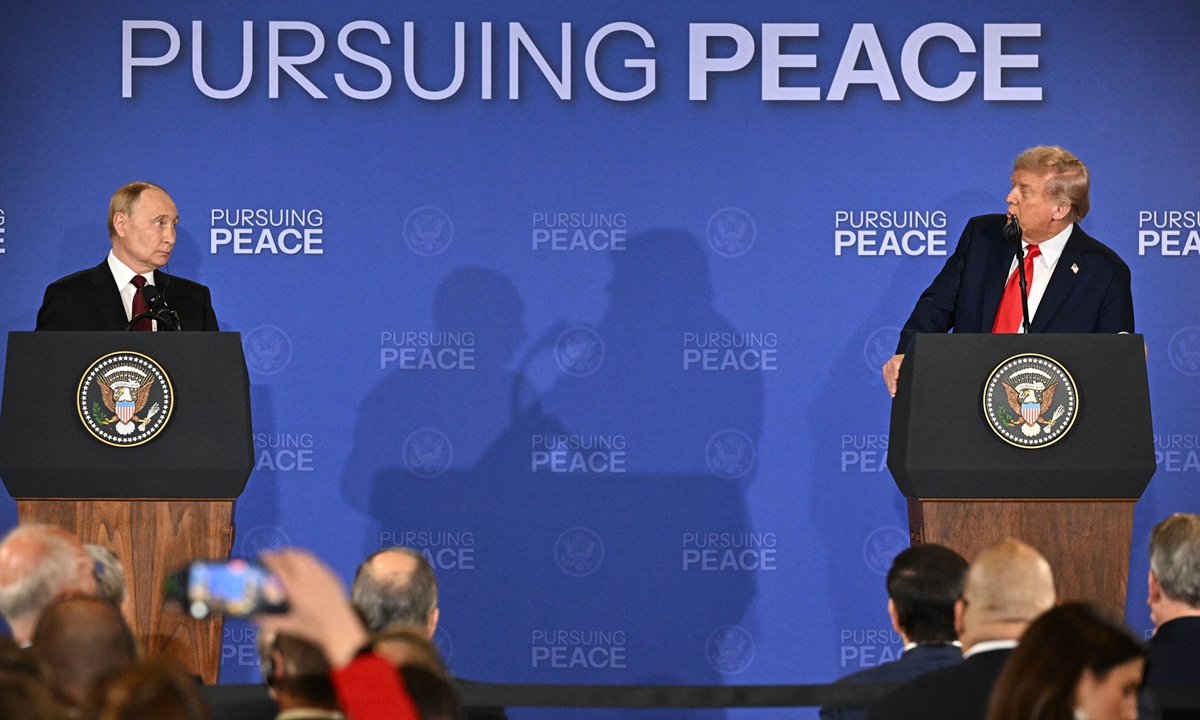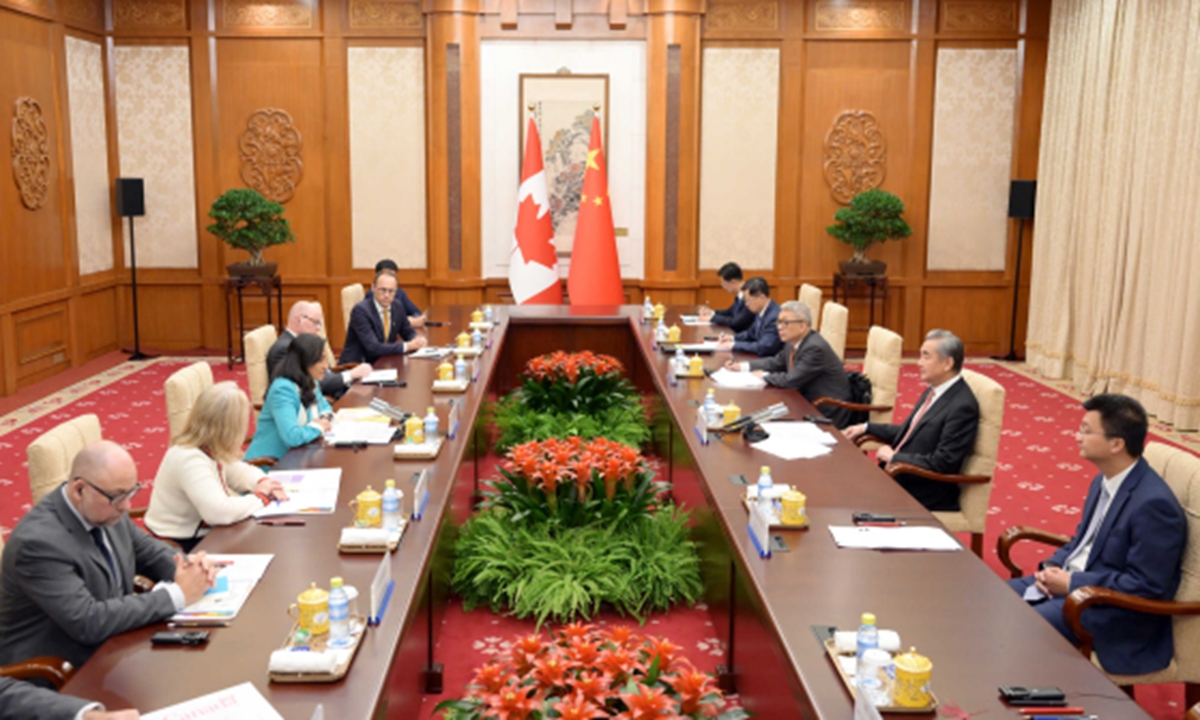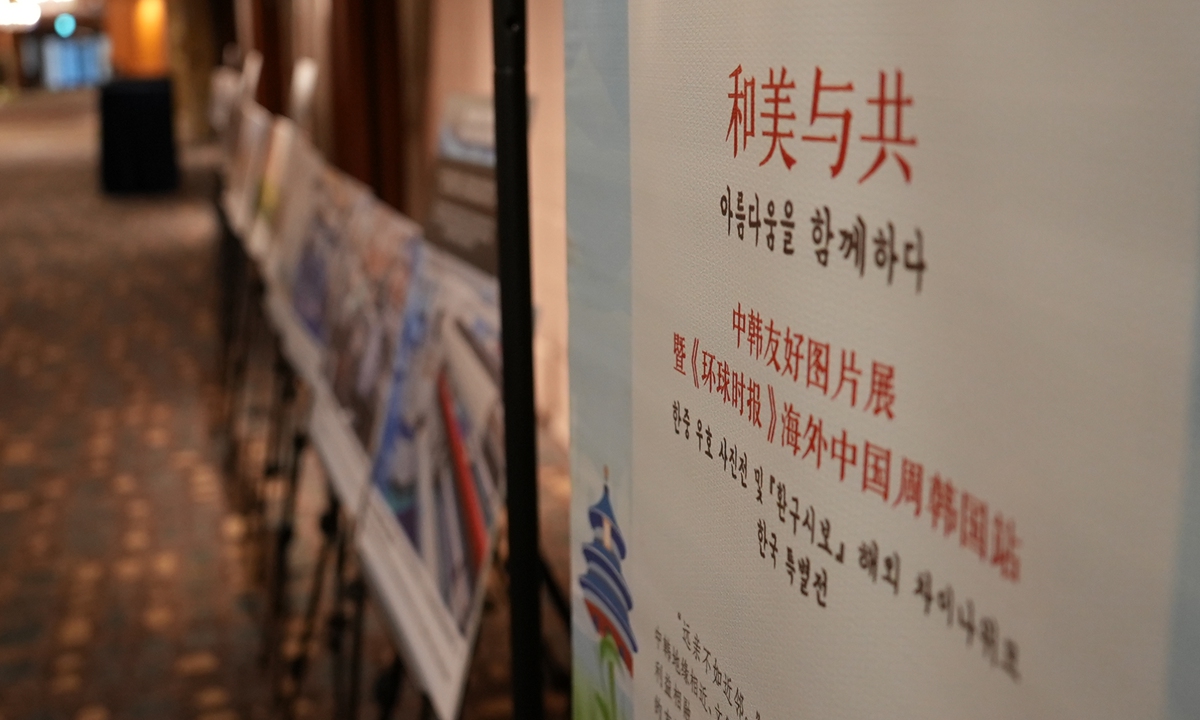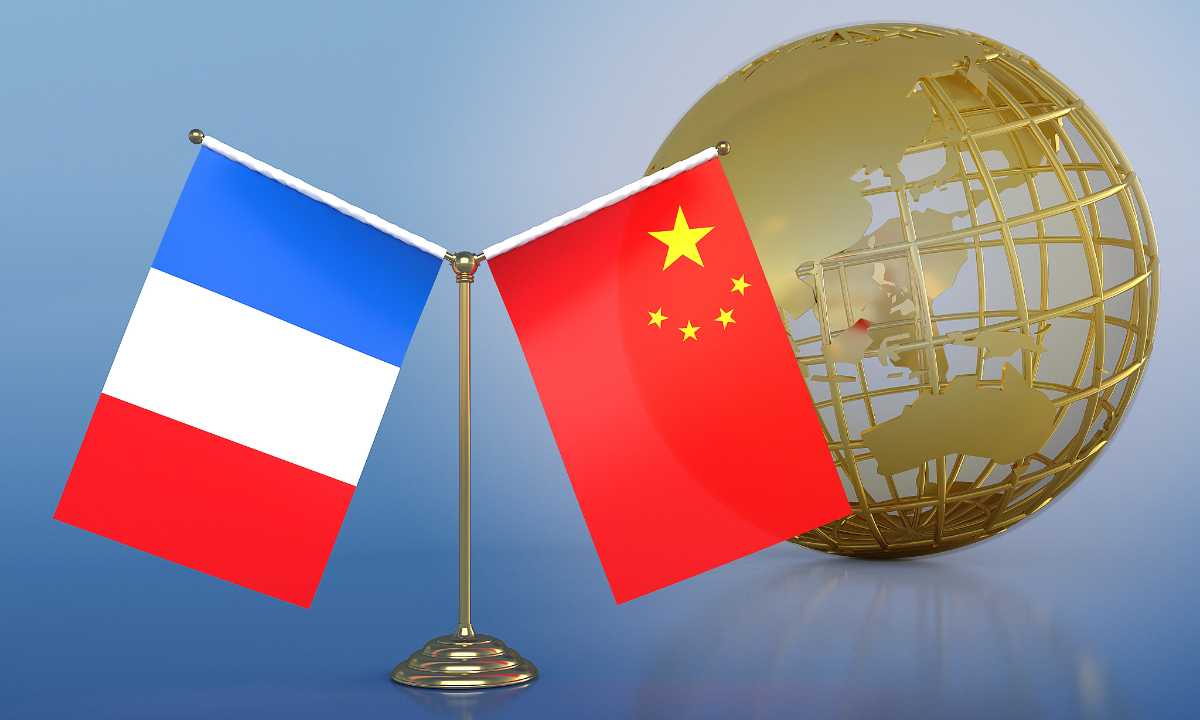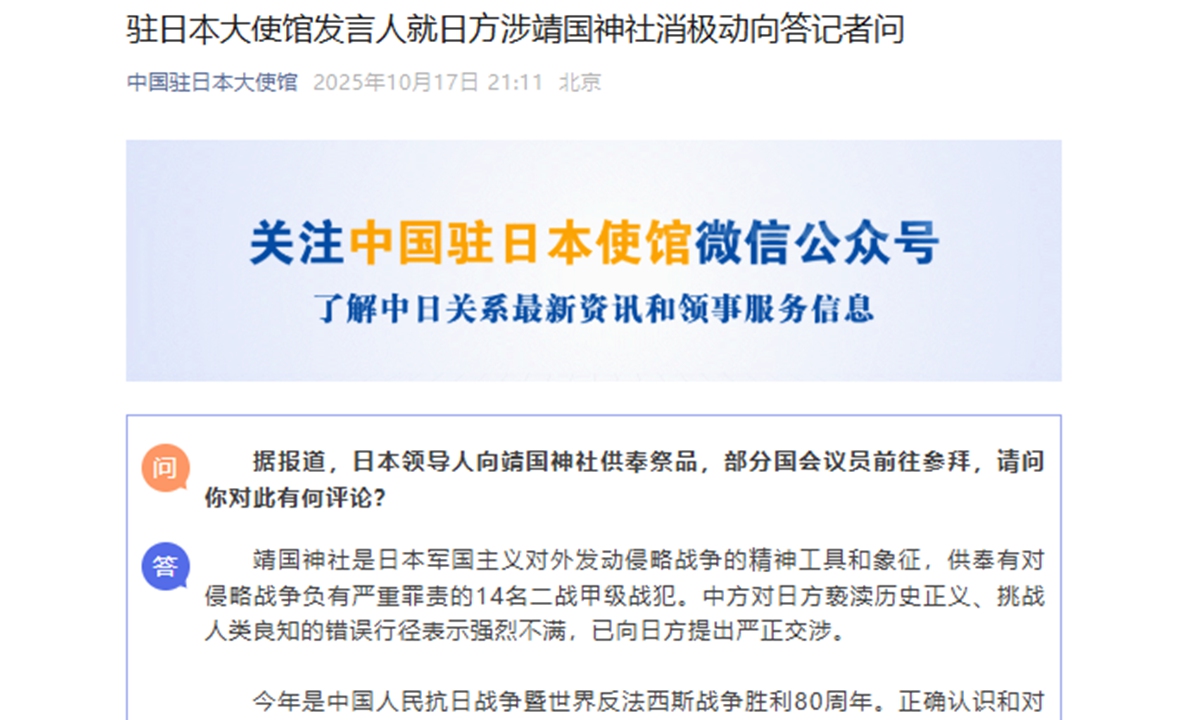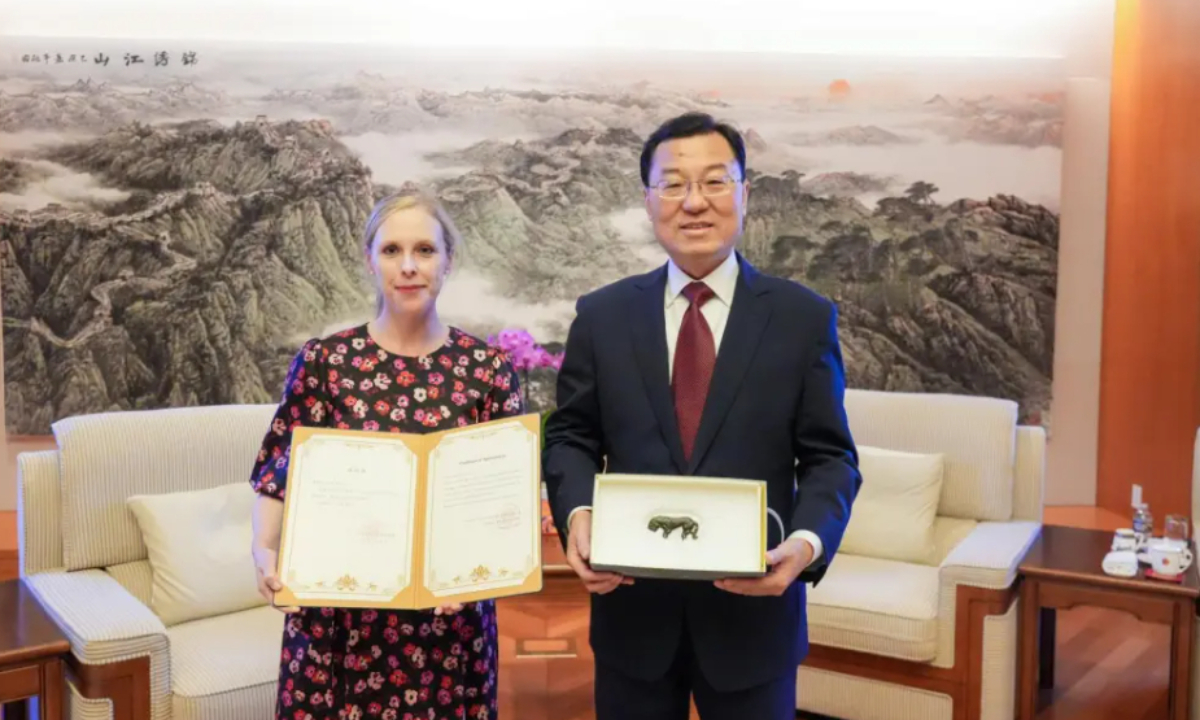Emmanuel Bonne, diplomatic adviser to the French President, is scheduled to visit China on October 15 and 16 for a new round of the China-France Strategic Dialogue, a Chinese Foreign Ministry spokesperson announced. This round of dialogue is seen as an opportunity to help France adopt a more balanced and pragmatic approach toward China. In the face of growing protectionism, cooperation between China and Europe serves as a means for both sides to counterbalance and cushion against broader geopolitical turbulence, Chinese experts said.
He will hold this dialogue with Wang Yi, a member of the Political Bureau of the Communist Party of China Central Committee and director of the Office of the Central Commission for Foreign Affairs.
Both China and France are permanent members of the UN Security Council and independent major countries. In recent years, under the strategic guidance of the two heads of state, bilateral relations have maintained sound momentum of development, Lin Jian, spokesperson of China’s Ministry of Foreign Affairs said on Tuesday.
Through the dialogue, China looks forward to having an in-depth exchange of views with France on bilateral relations and international and regional issues of mutual interest, implementing the common understandings reached between the two heads of state, consolidating mutual trust and expanding cooperation, and advancing the China-France comprehensive strategic partnership so as to make new contributions to a peaceful, stable and prosperous world, Lin said.
Judging from the current situation, issues such as regional stability and economic concerns, especially as trade tensions rise between the US and Europe could be a focus of discussions between Bonne and the Chinese side, Song Luzheng, a research fellow at the China Institute of Fudan University who resides in France, told the Global Times.
Paris may also seek deeper discussions with Beijing on trade cooperation and market access, Song said. He noted that although the dialogue is formally centered on international affairs, economic and security issues that directly involve China are likely to feature prominently in the discussions.
In July this year, when French President Emmanuel Macron met with Wang Yi, he said that France looks forward to strengthening policy coordination with China in such aspects as international economy, finance and global governance, jointly addressing global challenges, injecting more vitality into multilateralism, and preventing the world from falling into hegemonic conflicts and bloc confrontations.
The French side attaches great importance to developing France-China relations and welcomes increased Chinese investment in France to develop a more balanced economic and trade relationship.
From China’s perspective, this dialogue serves as an opportunity to encourage Europe to form a correct and rational attitude toward China, Song said. China is also seeking to deepen its ties with Europe, especially with France, as a way to counterbalance and cushion against geopolitical turmoil.
Apart from Bonne, Sweden’s Minister for Foreign Affairs Maria Malmer Stenergard is scheduled to pay an official visit to China from October 16 to 17, just as Spain’s Minister for Foreign Affairs, European Union and Cooperation José Manuel Albares visited China on October 14 and 15.
Canada’s Minister of Foreign Affairs Anita Anand is also going to visit China from October 16 to 17, a Foreign Ministry spokesperson announced on Tuesday.
“The growing tide of protectionism and unilateralism has taken a toll on both China and Europe. Given that both economies have long been strongly export-oriented, there is an even greater need for deeper dialogue and cooperation under such circumstances,” Cui Hongjian, a professor at the Academy of Regional and Global Governance at Beijing Foreign Studies University, told the Global Times.
Cui said that the differences also exist between China and Europe. In this context, strengthening communication and exchanges are essential.
Responding to a foreign media question over whether the EU is considering forcing Chinese firms to hand over technology to European companies if they want to operate locally in an aggressive new push to make the bloc’s industry more competitive, Chinese Foreign Ministry spokesperson Lin Jian said on Wednesday that China supports trade and investment cooperation between Chinese and European companies based on market principles and for win-win results.
We oppose forced technology transfer against WTO rules, interference in companies’ normal operations, and protectionist and discriminatory practices taken under the pretext of enhancing competitiveness, Lin said.


